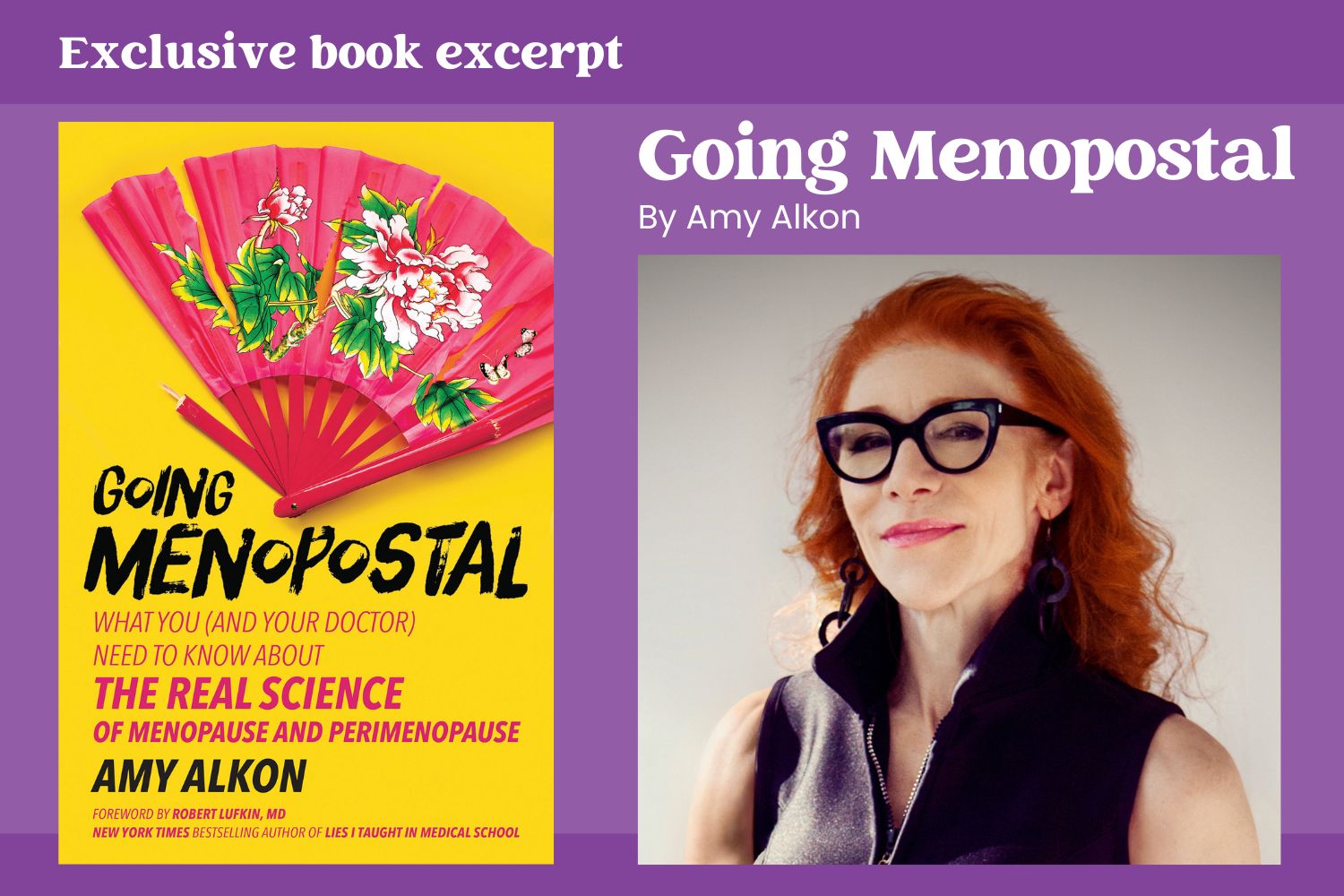
16 ways to reclaim your libido during peri/menopause
Reigniting your sexual spark starts with a journey of self-discovery. Whether you’re experiencing a temporary lull or a more persistent drought, you’re not alone. More than 33% of women in perimenopause or menopause report having sexual difficulties, from lack of interest in sex to trouble having an orgasm, according to Johns Hopkins Medicine.
Hormonal shifts, stress, relationship dynamics, and even certain medications can impact your libido (especially in your midst era). The main culprit is declining levels of estrogen, which can reduce the desire to have sex and make sexual arousal more difficult. Maybe, too, you’re facing lower energy levels, nagging physical pains, even challenges to your body image — all of which affect your sex drive.
Fortunately, getting your groove back can happen with some simple lifestyle changes, described below.
What can I do to light the fire?
1. Prioritize self care
Sexuality starts with a healthy lifestyle. Feeling good, getting enough sleep, being physically active, and eating well can go a long way toward keeping the spark of intimacy and sexuality alive.
2. Reduce stress
Engage in activities that help you relax and de-stress, such as yoga, meditation, or even spending time in nature. Chronic stress triggers the release of cortisol, a hormone that can suppress the production of sex hormones like testosterone and estrogen.This hormonal imbalance can lead to decreased sexual desire.
3. Get enough sleep
Aim for 7-8 hours of quality sleep each night to improve overall well-being and mood. When you’re well-rested, you’re more likely to feel mentally sharp and emotionally connected, which is always sexy.
4. Nourish your body
Eat a balanced diet rich in fruits, vegetables, and whole grains to support your hormonal balance. Vitamins and minerals like zinc, vitamin D, and vitamin B12 play crucial roles in hormone production, including sex hormones.
5. Stay active
Regular exercise can boost energy levels and improve mood, both of which can positively impact your libido.

Open communication with your partner
Not everyone finds sex as gratifying during and after perimenopause, and that’s OK. It is important to accept wherever you’re at and not feel pressured to continue ― or give up on ― sexual activity. Communicating with your partner is key in setting realistic expectations about your changing sexuality as you age.
1. Talk about it
Have honest and open conversations with your partner about your feelings and desires. Feeling heard and understood can boost your self-esteem and confidence, which can translate into increased sexual desire.
2. Explore new things
Try new activities or fantasies together to keep the spark alive. Open communication can lead to more adventurous and experimental sex, which can increase pleasure and excitement.
3. Prioritize intimacy
Make time for non-sexual intimacy, such as cuddling, kissing, or simply spending quality time together.
Address underlying issues
Life has ebbs and flows — even in the bedroom. But if you’re concerned about changes in your libido during peri/menopause, make sure you have a doctor you feel comfortable talking about this with. They can help you define the underlying causes and discuss treatment options, which may include:
1. Hormone replacement therapy (HRT)
This type of treatment can help alleviate peri/menopausal symptoms, including vaginal dryness and hot flashes, which may improve libido.
2. Vaginal lubricants and moisturizers
Menopause can lead to more dryness, so added moisture may help reduce discomfort during intercourse.
3. Natural remedies
Some herbs and supplements — like black cohosh, ginkgo, and Tribulus — may help balance hormones and increase libido, but it’s essential to consult your doctor before trying them.
Of course, regular exercise, stress management techniques, and mental health care can help (as listed above) can help course-correct undrelying issues as well.
Just remember: your sexual well-being matters. Don’t hesitate to seek professional advice if you’re looking for more personalized advice.



